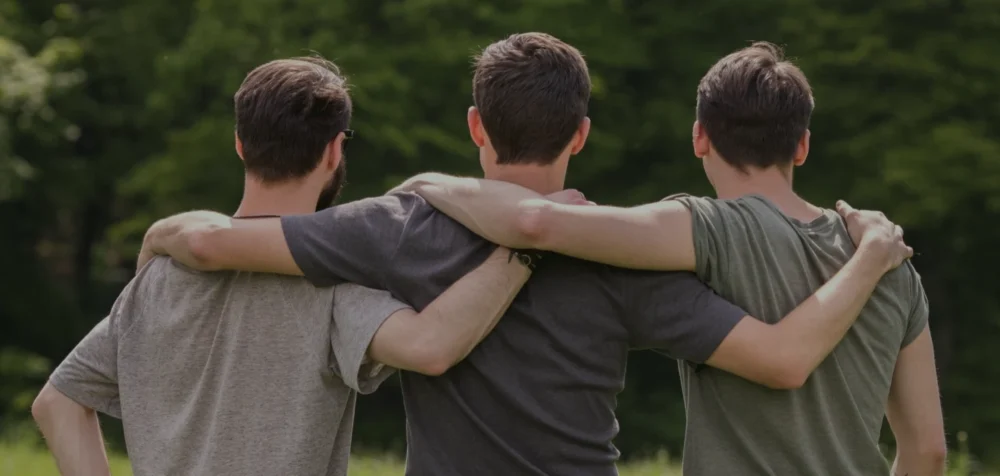Recovering from a Mental Illness Relapse Again
- 2022-12
- by Cn Vn

Recovery is often about learning from these experiences, seeking support, and re-engaging with the tools that support sobriety. Individualized treatment programs delivered in a comfortable, relaxed setting promote healing in your recovery journey. Traditional recovery models often define success as complete long-term abstinence. But relapse is part of the learning process for over 90% of those who try. In my book The Abstinence Myth, I explain how rigid abstinence models can increase shame, leading to more relapses. Success is about progress, learning, and rebuilding after setbacks.

About the Time Flow System
Here are five surprising things that relapse can teach those of us who love an addict. One of the most dangerous aspects of relapse is the increased risk of overdose. When people use alcohol or other drugs for a long period of time, they develop tolerance. That means they have to take higher doses of the substance to feel the same effects. Some people never fully recover, but they learn to cope with symptoms of the disease. Most people in recovery from addiction Halfway house are always vulnerable to relapse.

The Journey Is Long, but Rewarding

Others surround themselves with protective factors that motivate them to stay sober. They find stable employment, start a family or engage in healthy hobbies. Cognitive behavioral therapy (CBT) is an important tool for preventing relapses. It teaches you how to overcome negative thinking, which is often at the heart of a relapse. For example, you might believe that you can’t quit, that recovery takes too much effort, and that you won’t enjoy life as much without alcohol.
How to Discover Your Next Career Move Amid the Great Resignation
Creating a judgment-free support system is essential for long-term success. Three effective strategies for relapse prevention what to do after a relapse include therapy, medications, and ongoing monitoring. If you do have a relapse, it’s important to stay positive.
- Many of the clients I’ve worked with hope to fix the problem on their own, and only reveal their struggles once they’ve overcome them.
- By applying these strategies, you’ll move from managing relapse to mastering lasting change.
- Staying healthy is one of the most important things you can do to provide the support your partner needs.
- These may seem like pretty poor odds, but it shows the journey from addiction is a long one and there will almost surely be stumbles along the way.
- By recognizing warning signs that you or a loved one may be headed for relapse, you can take steps to prevent it from occurring.
- Discover eye-opening marijuana addiction statistics & facts, from global trends to treatment options.
I wish self-blame wasn’t my default, but it is, and it’s detrimental to my healing process. Acceptance is the beginning of bringing my relapse to light and taking the shame and blame out of my illness. However, people who slip and don’t seek help often experience a physical relapse. They begin using obsessively or compulsively, and they start to experience negative consequences from that use. Between 40 and 60 percent of individuals in recovery experience relapse.
Benefits of Drama Therapy
- You might ask your friends or family if they’ve noticed changes in you.
- Even though someone in this stage hasn’t used yet, they are likely to use eventually if they don’t reach out and ask for help.
- Be sure to get the right amount of sleep and steer clear of alcohol and illegal drugs, which can worsen depression.
Explore how drug alcohol dependence leads to addiction, its impact, and paths to recovery. Establishing a daily routine that includes fulfilling activities can help maintain stability. Limiting negative influences and avoiding isolation can mitigate feelings of loneliness that often precede a relapse.
Research shows the percentage of people who will relapse in their first year of sobriety can be as high as 90%. These may seem like pretty poor odds, but it shows the journey from addiction is a long one and there will almost surely be stumbles along the way. When you discover your partner has relapsed, you will likely feel let down, cheated and hurt, but you must focus on taking steps to address the issue. Resist any temptation to judge; instead, stand firmly beside them as they restart their recovery.
We could all do with the reminder that self-care should not be seen as a luxury or lazy, or only in an occasional situation — we must prioritize our care and wellbeing. I also love that you said you stop overthinking your bad days and letting fear engulf you. Again, these are such brave and worthy reminders we can all benefit from.

Family
Don’t be afraid to talk to family, friends, and support workers about what’s happened. A relapse isn’t something to feel guilty or ashamed about, and discussing it with someone you trust is an important step in your recovery. If you’ve begun using drugs and alcohol again and you want to stop, it’s best to get help from a medical professional rather than stopping suddenly on your own. However, similar to how individuals with diabetes or asthma may experience flare-ups, a relapse can be viewed as a temporary setback in the journey toward complete recovery.





